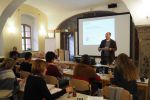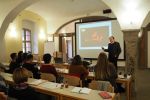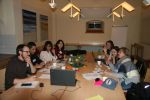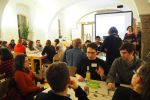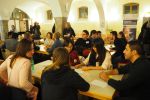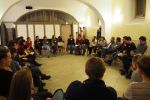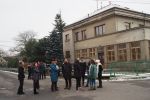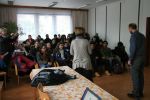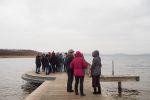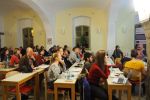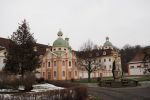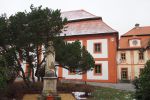St. Marienthal Abbey
International workshop: 13. - 14. 12. 2018
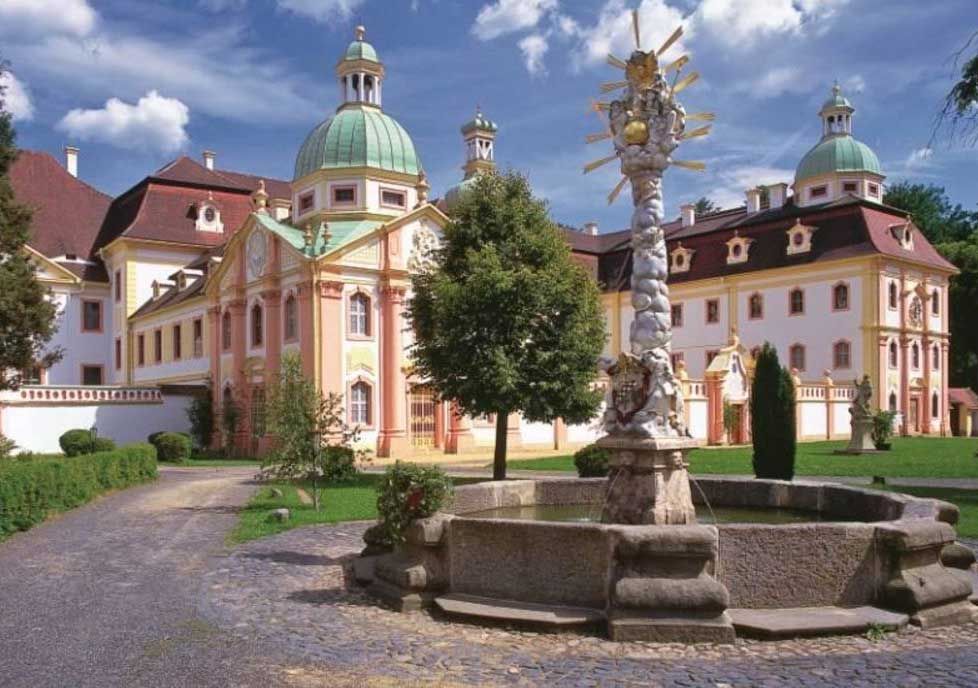
A joint workshop on Intercultural Communication for students of Master programmes "Ecosystem Services" and "Biodiversity and Collection Management" from IHI Zittau / TU Dresden and for students of Economics from TU Liberec
Program
Thursday, 13 December 2018
-
11.45amDeparture of TUL group from Liberec
-
12.30amDeparture of IHI group from Zittau
-
1pmArrival to St. Marienthal, lunch
-
2pmIntroductory speech - O. Tettenborn, Keynote-lecture - prof. Xylander
-
3pmWorkshop – group work, Phase 1
-
4:30pmCoffee break
-
5pmWorkshop – group work, Phase 2
-
7pmDinner
-
8pmIntercultural activities and “socializing”
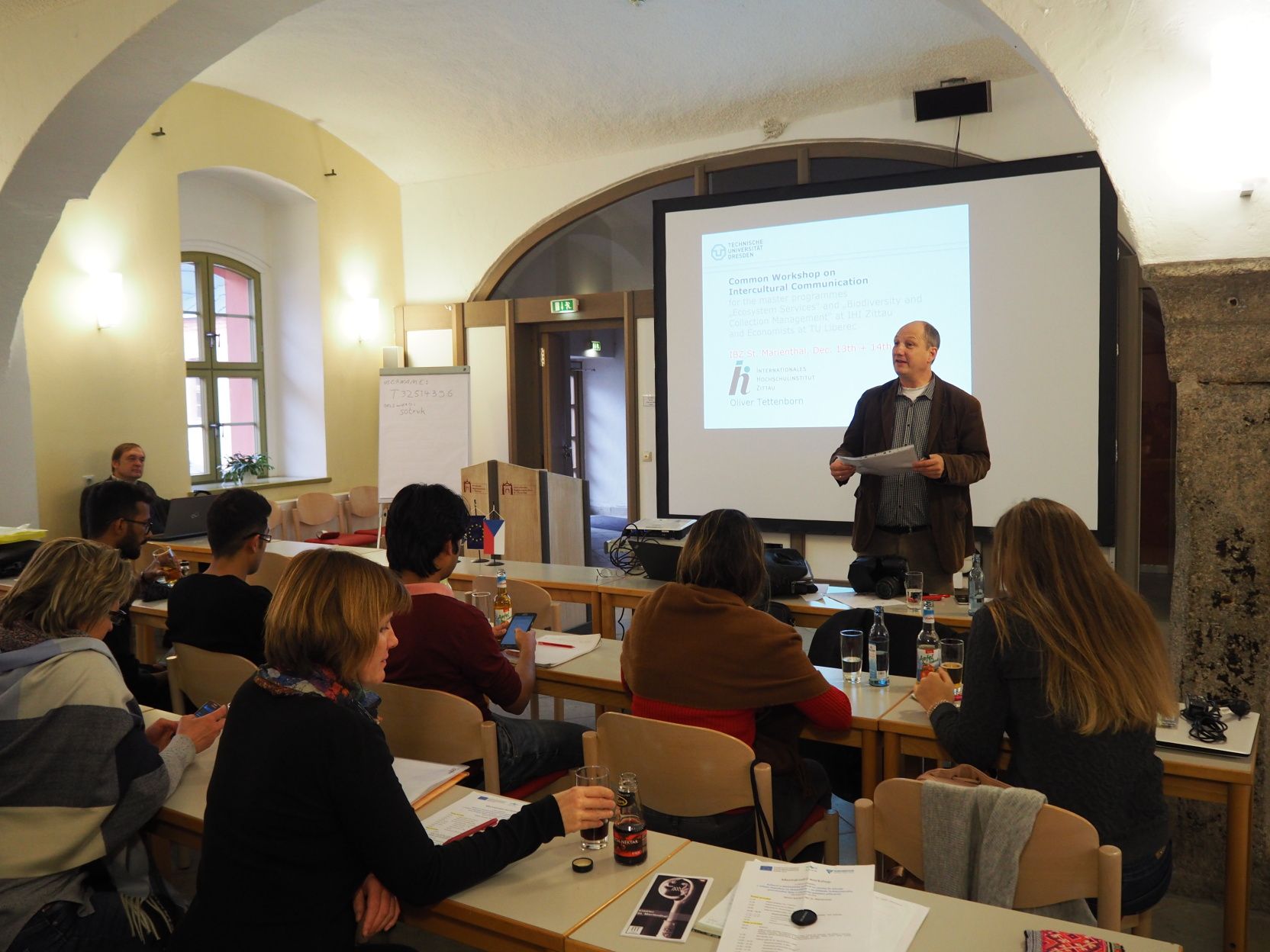
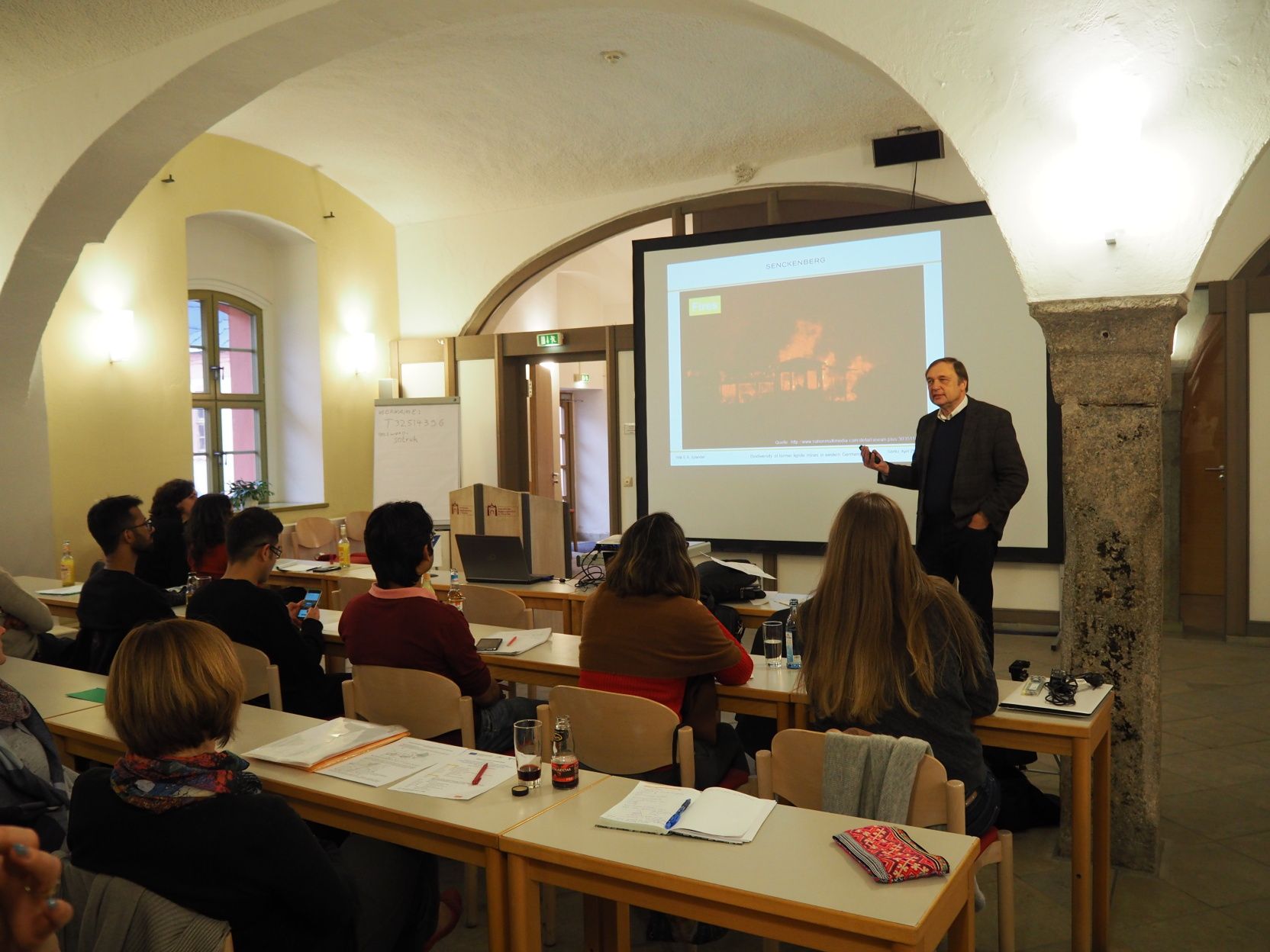
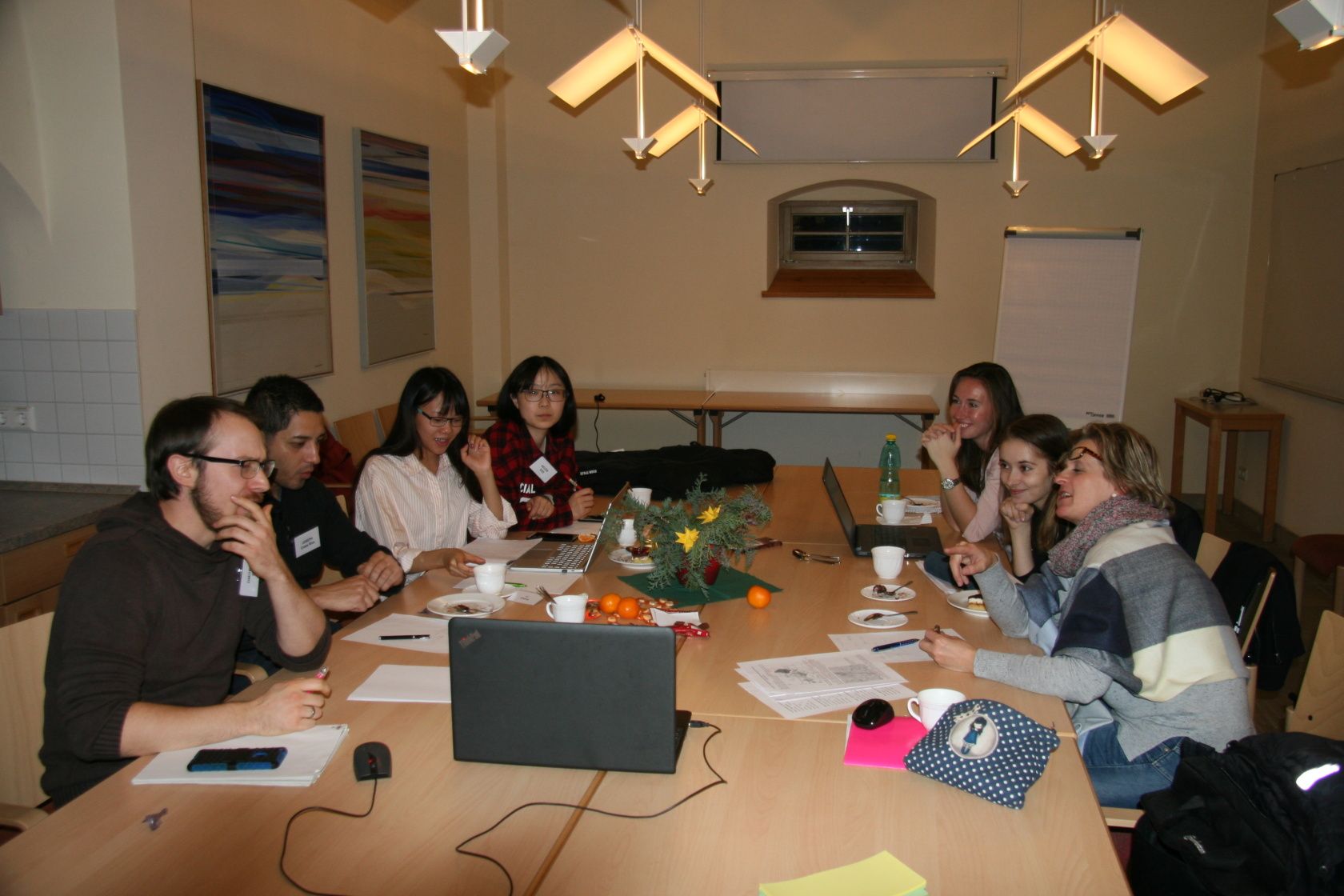
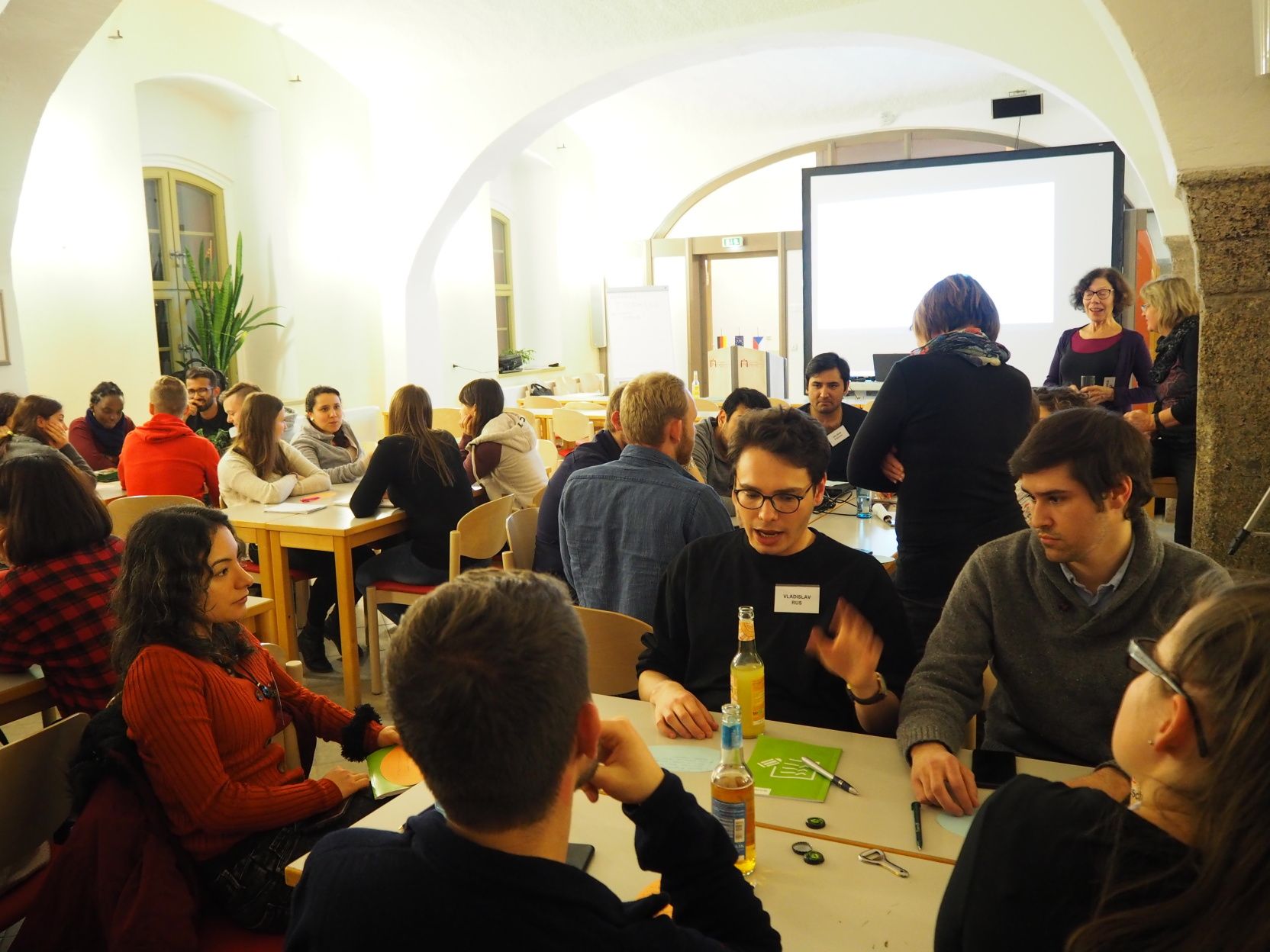
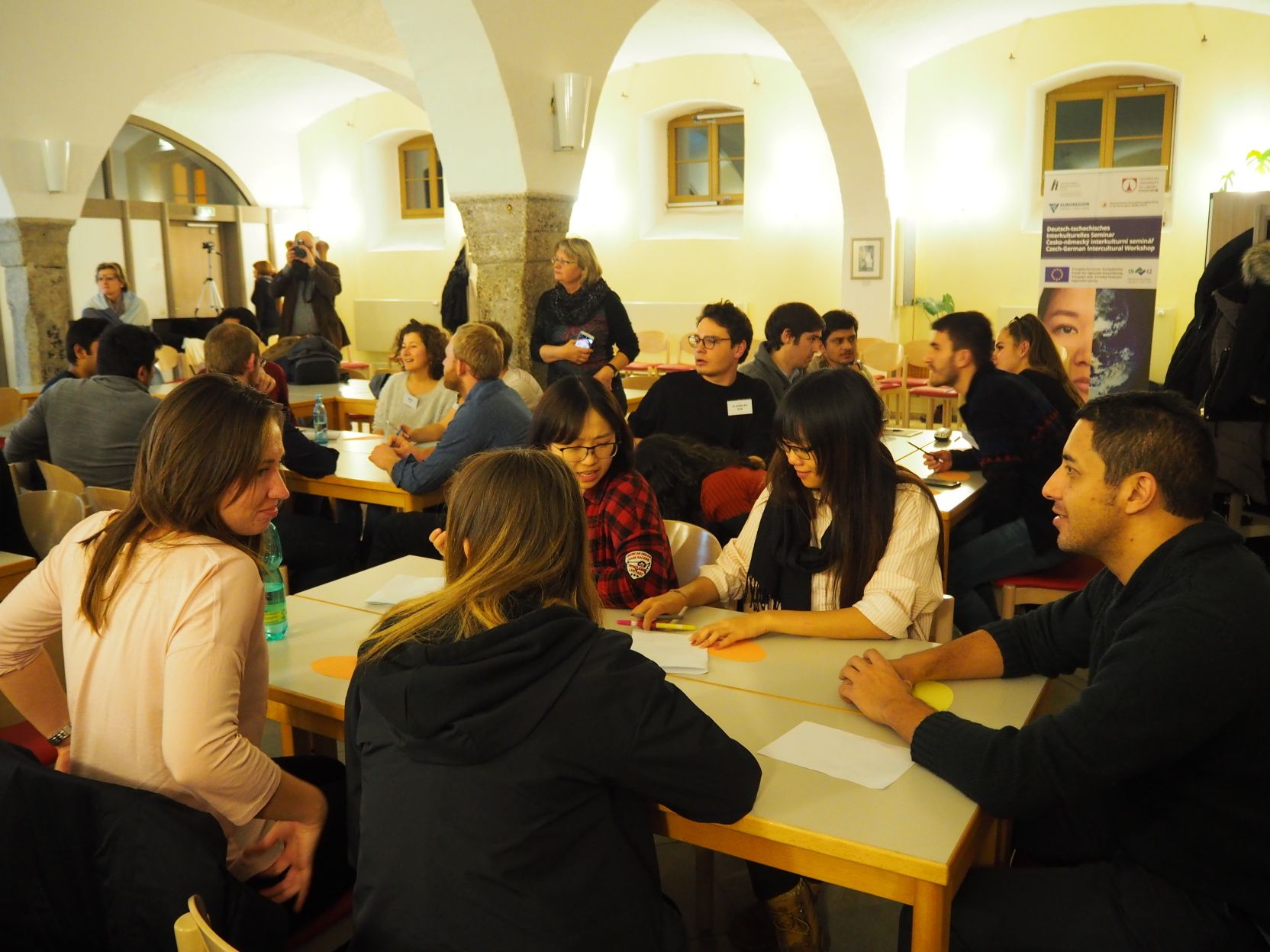
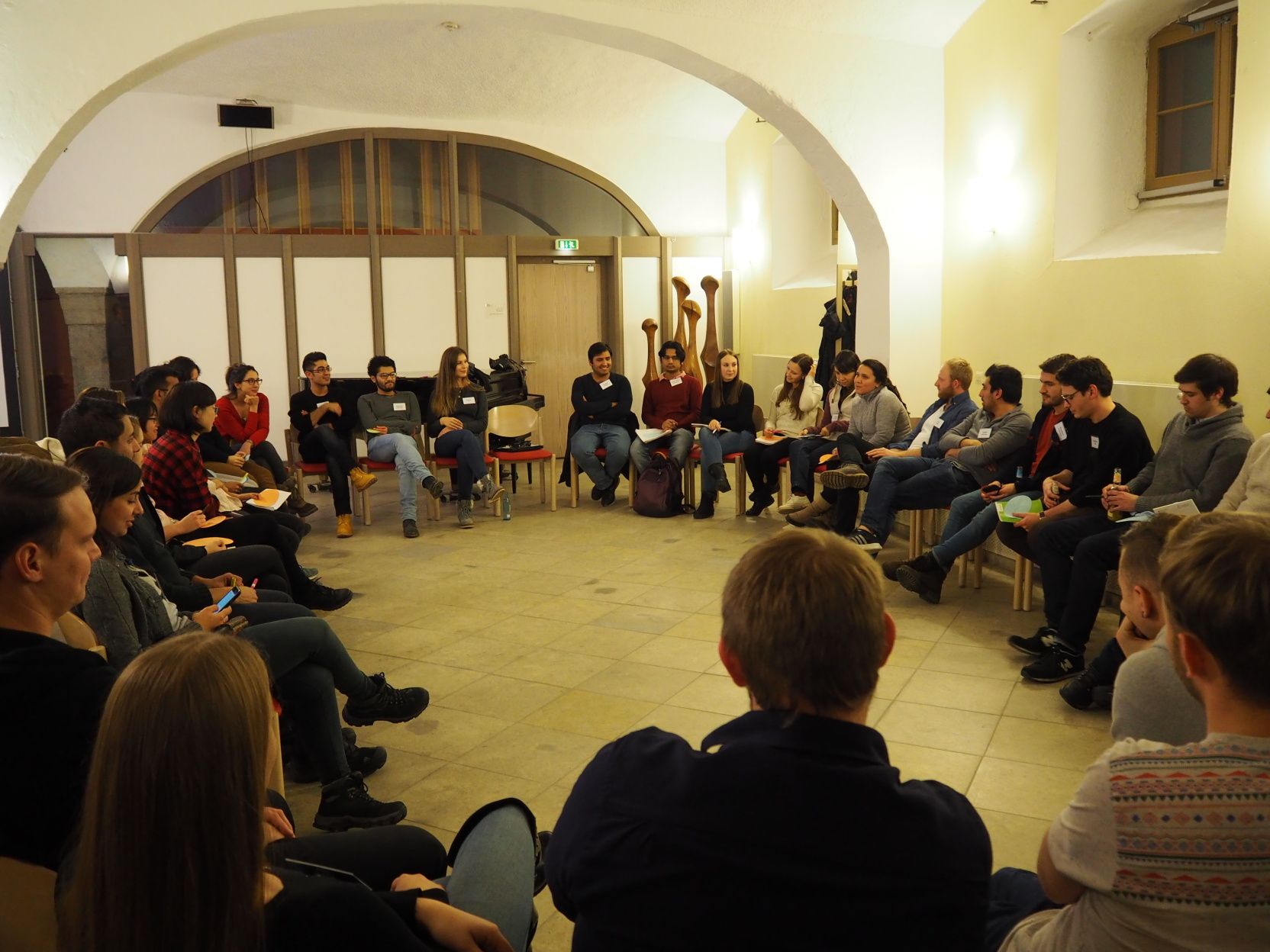
Friday, 14 December 2018
-
8amBreakfast
-
9amDeparture to the open cast mine Turow and to visit Višnová municipali-tyhere admission to the mayor, discussion on the subject of ecological and economic consequences of mining (the municipality will have to provide costly supplies of drinking water from the Jizera Mountains, etc.)
-
11amVisit of Berzdorfer See
-
12amDeparture to St. Marienthal, lunch
-
1pmWorkshop, group work, Phase 3
-
2pmPresentations of Working Groups 1-3
-
3:30pmCoffee break
-
4pmPresentations of Working Groups 4-6
-
5:30pmConclusion, evaluation
-
6pmDeparture to Zittau and Liberec
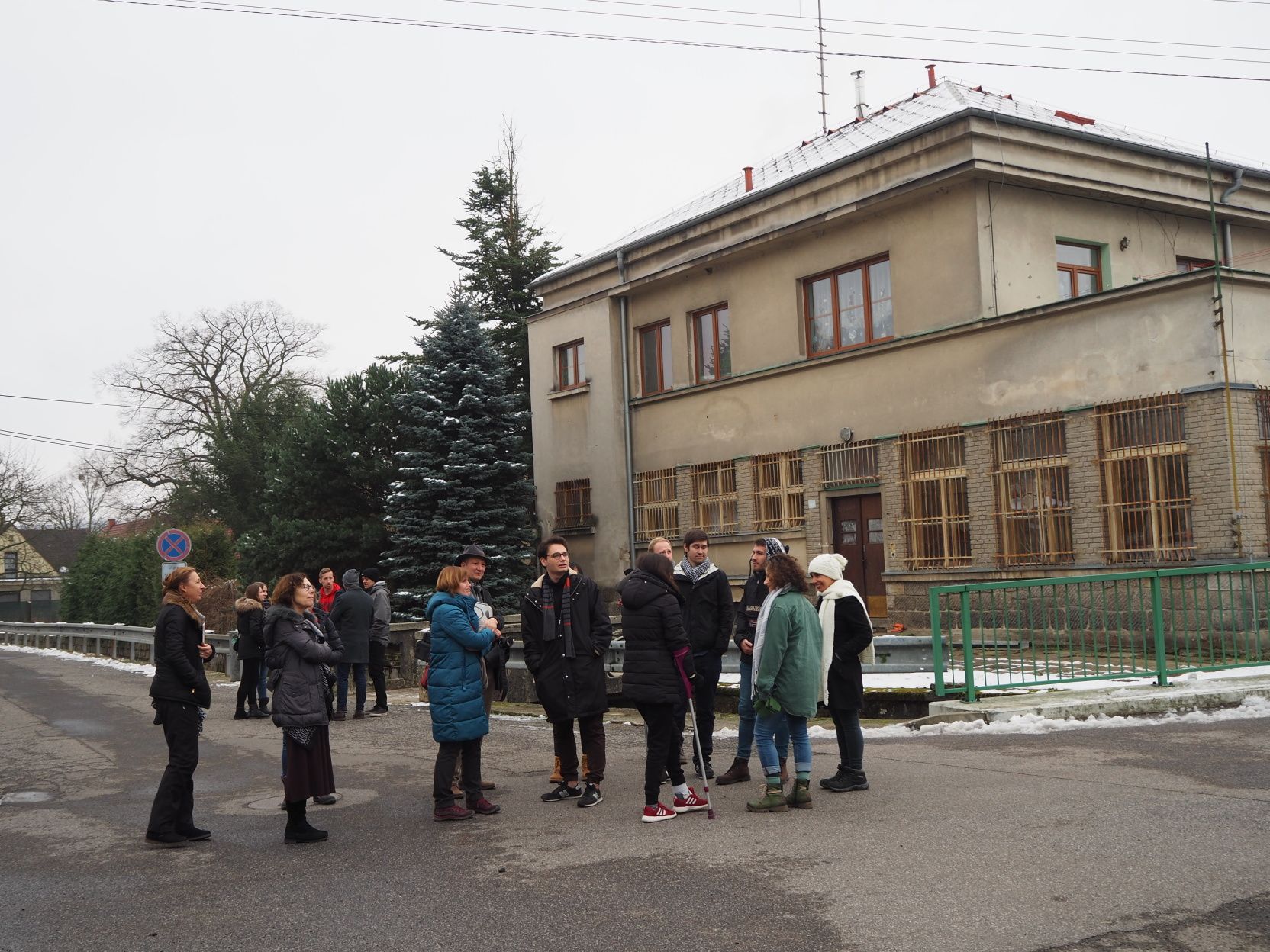
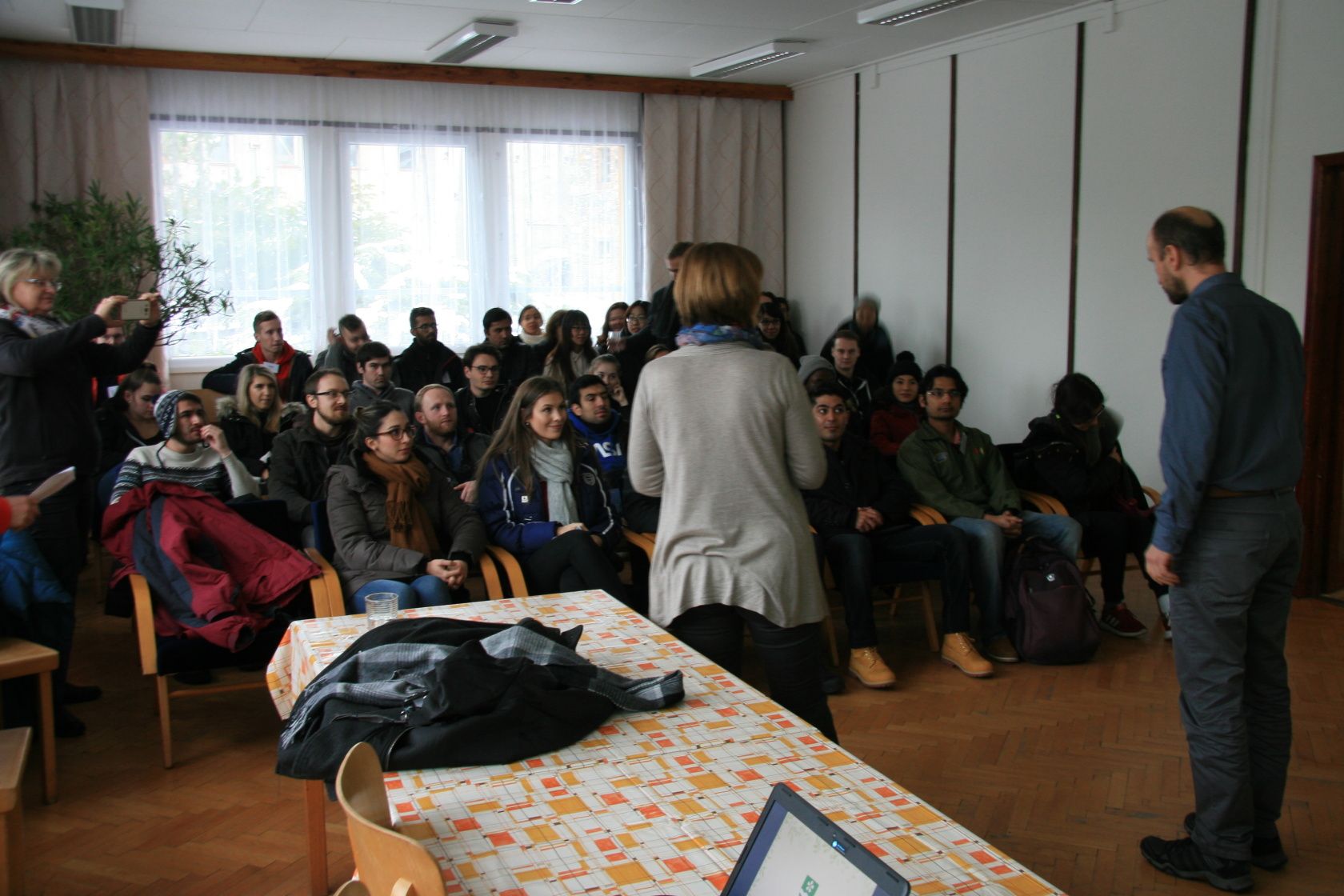
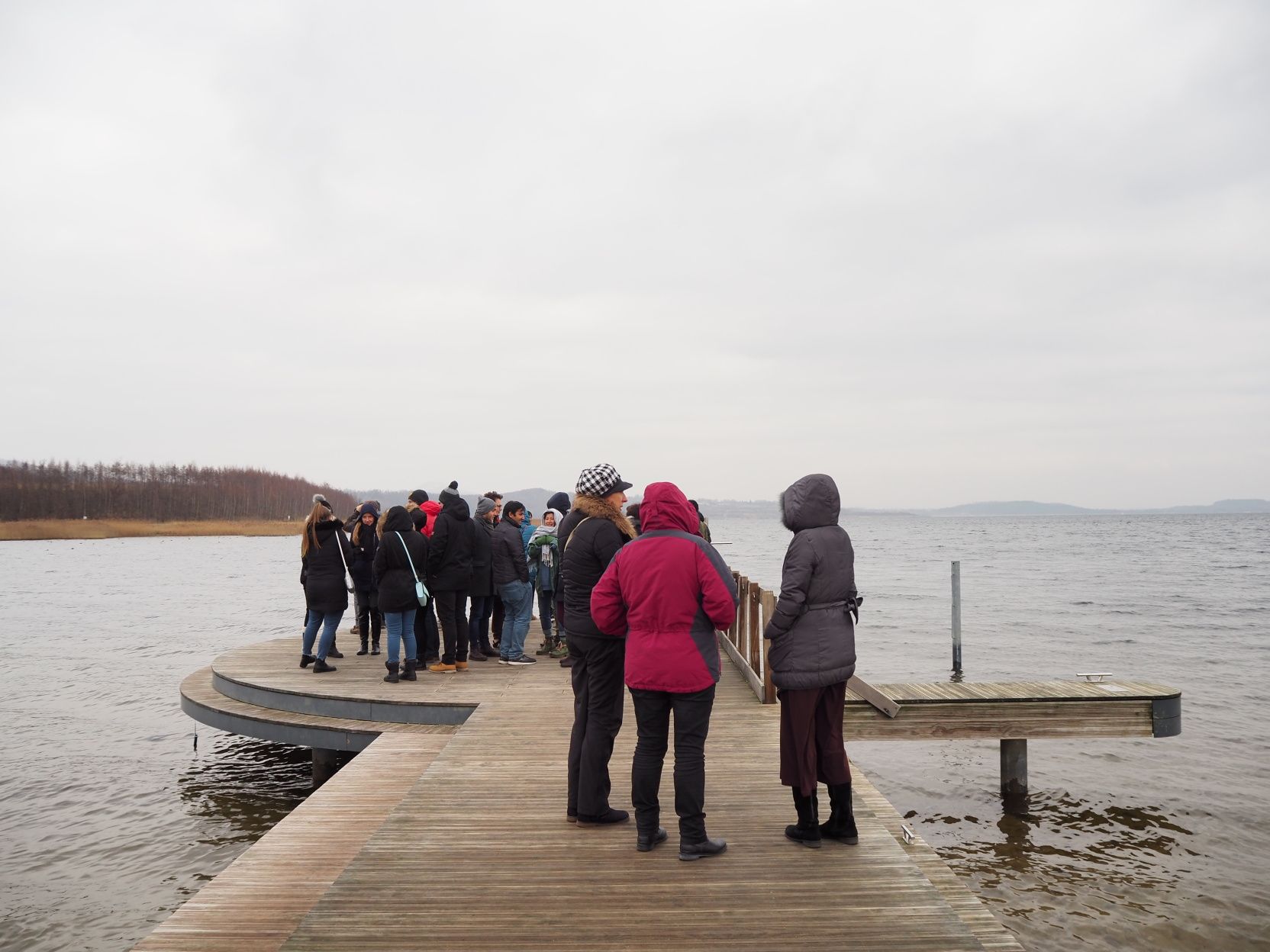
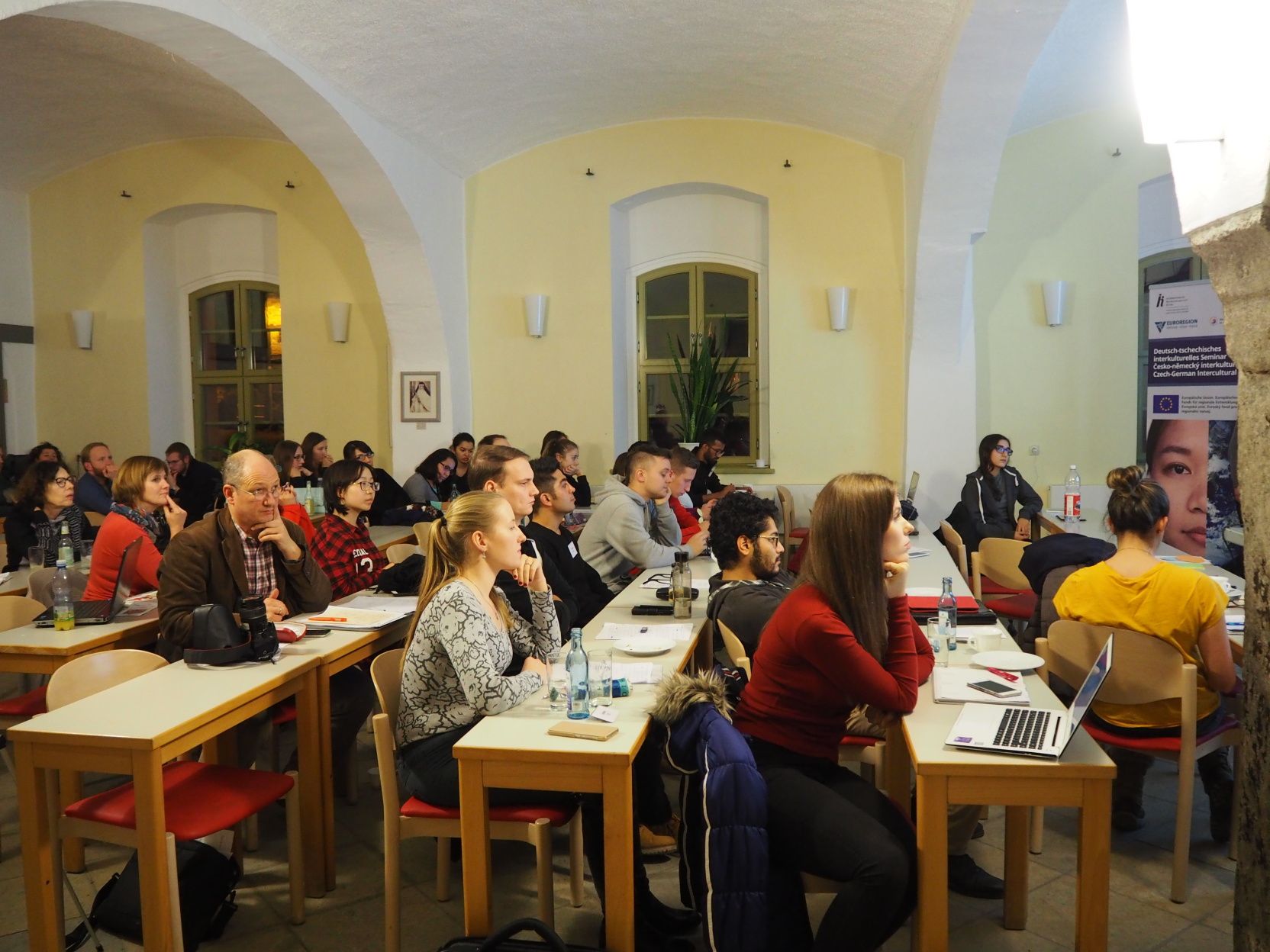
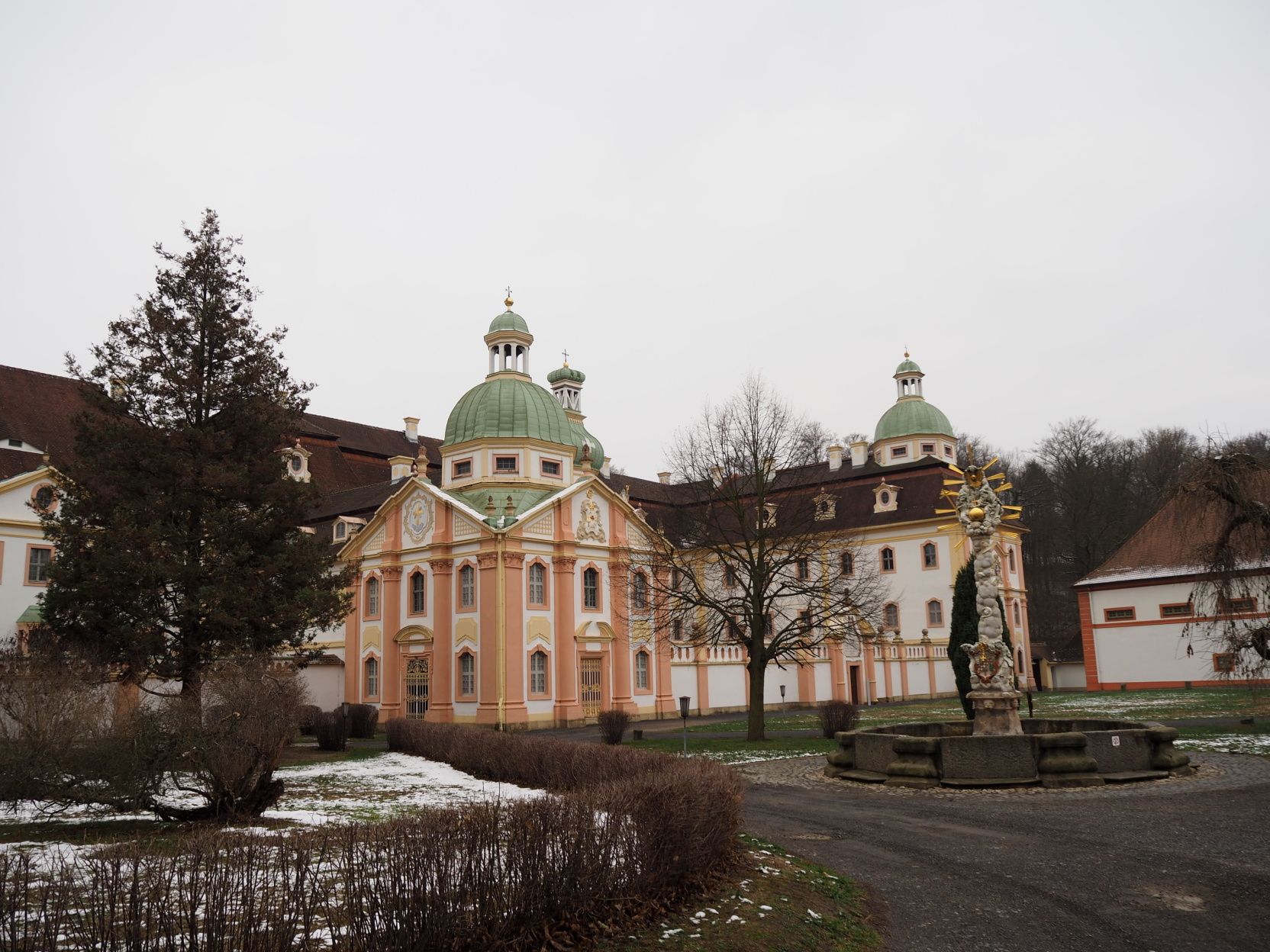
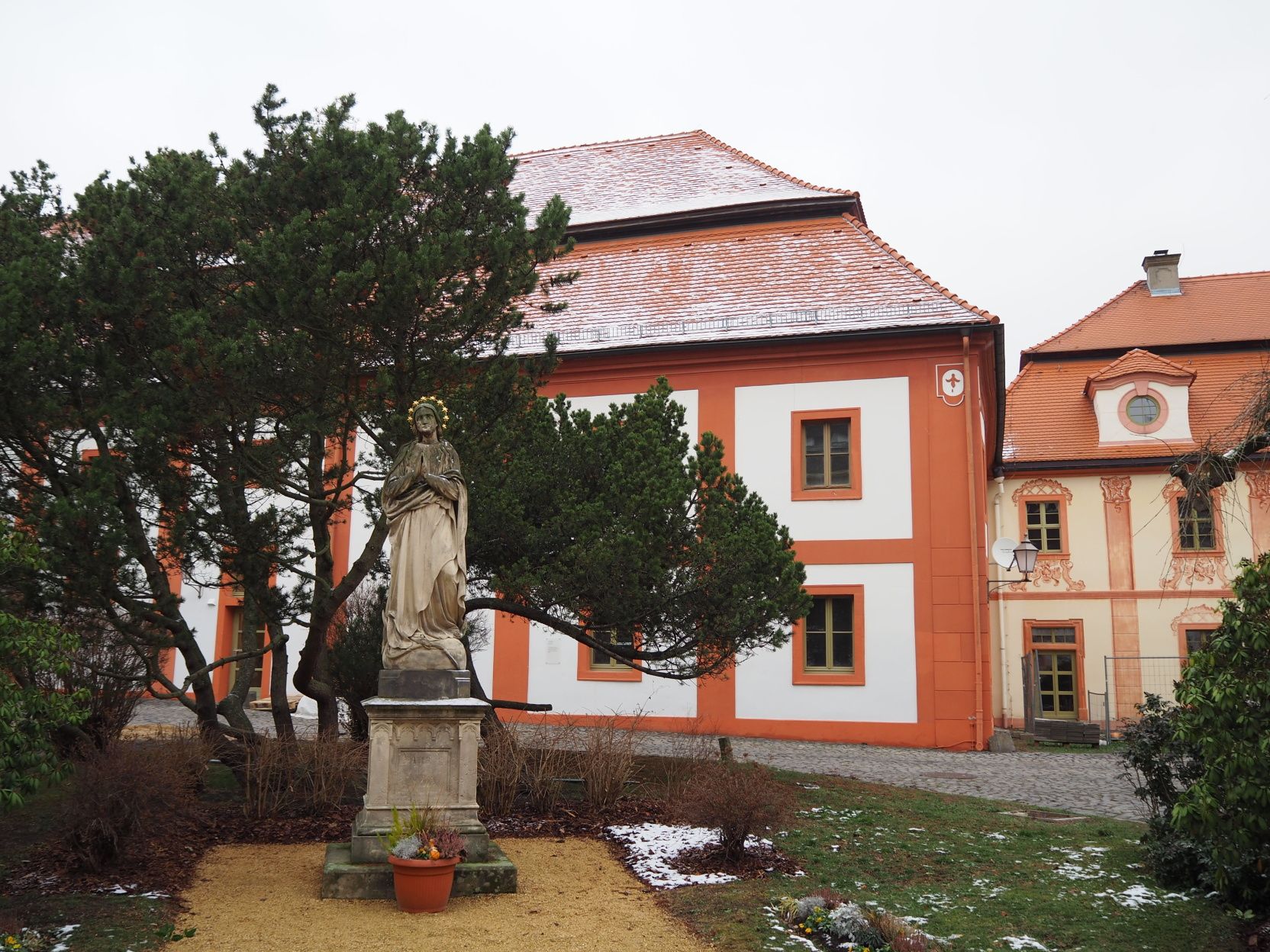
St. Marienthal Abbey
The main theme: "Disaster Ecology" - why ecosystem interventions may not sometimes have such negative impact...
Prof. Willi Xylander, Senckenberg Museum of Natural History in Görlitz
At the opening of the workshop, Mr. Xylander staggered the participants with some of his statements such as: "There is nothing better for biodiversity than military training areas: no more rare species can be found than in a tank belt imprint or in a burned area!" The soil zoology specialist therefore demonstrated a certain range of interventions in ecosystems can also lead to their dynamization and thus revitalization. For example, landslides on former surface mines are areas that are very exciting for further ecological research activities...
Intercultural activities: Values
Meeting the Mayor of Višňová
The Marienthal workshop participants visited the border village Višňová and its Mayor, Mr. Tomáš Cýrus. The village is located in the immediate vicinity of the border with Poland, near the mining area of the Polish brown coal mine Turów. Tomáš Cýrus introduced the students to current crucial issues related to industrial mining activities that the municipality Višňová faces, as well as to the view to the future. According to information from representatives of the Polish Turów mine, brown coal mining will be carried out in the neighbouring Republic of Poland until 2044. Furthermore, the current mine should gradually extend from 2020 to the southeast to the state border with the Czech Republic.
It is highly probable that mining activities near the state border with the Czech Republic will have a negative impact on groundwater and surface water in the Czech border area. For this reason, in the period 2019 - 2020, in the border area of Hrádek nad Nisou to the western part of Frýdlantský výběžek area, monitoring wells are going to be installed to monitor all changes in groundwater levels. The results of exploratory works and subsequent monitoring of groundwater levels will serve as a basis for negotiations between the Czech Republic and the Republic of Poland on taking remedial measures and potential damage compensations as well.
Feedback
I really enjoyed the workshop in Marienthal, I selected a topic in social sciences from which I knew nothing because it was important to me to understand and learn about something that can put me out of my zone of comfort that is natural sciences and that is so relevant nowadays. The only inconvenient was maybe, that we did not have, like in the other groups, a tutor that we could go to get some feedback at the moment of the elaboration of the presentation. Nevertheless, we did it pretty well as a group of students that just met in real life in there (after the emails exchange) and I am happy about the outcome. I got to know different people with different ways to see life. I do not believe in seeing or think of people according to their nationality but according to them as individuals and get to know each other was lovely and the activities were very refreshing and enjoyable. Thank you for the opportunity.
I, hereby, would like to express my appreciation for the given precious opportunity to attend the Intercultural Communication Group Project St. Marienthal, by mentioning that it was an exciting and first-hand new experience for me to share nature-oriented scientific matters beside intercultural issues among a group of other nations.
Marienthal project was a great overall experience. As students we worked in truly international teams with members not only from different countries, but also from different continents. This fact ensured a wide range of perspectives on every topic. To be more specific, in Czech Republic we talk and complain a lot about our waste management. However, some countries have not introduced dustbins to their societies.. So I would highly recommend this project to anybody who would like to explore new things, new opinions and wants to make friends. You can think of this project as a light version of Erasmus.
I am writing You to give You some feedback about Marienthal. The cooperation with different cultures was really interesting, also learning something new to the topic from their point of view. For me, the best was visiting the village Višňová and listening to the speech of its mayor - I haven't heard about their problem before.
I liked the seminar in Marienthal, it was a great experience. One of the best things on seminar was meeting new people coming from all over the world and learning something new about their countries. The next thing I really liked was visiting village Višňová and Berzdorfer See, it was very informative and interesting. The area we were staying in was beautiful and calm.
I was a little bit disappointed we didn´t have enough time to do small tour through the abbey and see the church inside. The accommodation and food were good, I liked the refreshments provided during the days. However time flew by really fast so maybe before the seminar in Marienthal I would do one extra meeting, could be only through the Skype, where students in individual groups could share their ideas and information for presentation so in Marienthal they could spend more time together and play some games, go for a walk if the weather was good or just see the abbey, everybody´s choice. Anyway, in general the seminar was well organized and I find it as a great occasion to visit new places, meet new people and learn new things.
I enjoyed our time in Marienthal and I am glad to participated. The accommodation was beautiful, the food was tasty. But we had little time for preparing our presentations. If we hadn't had some notes, we wouldn't have made it.



